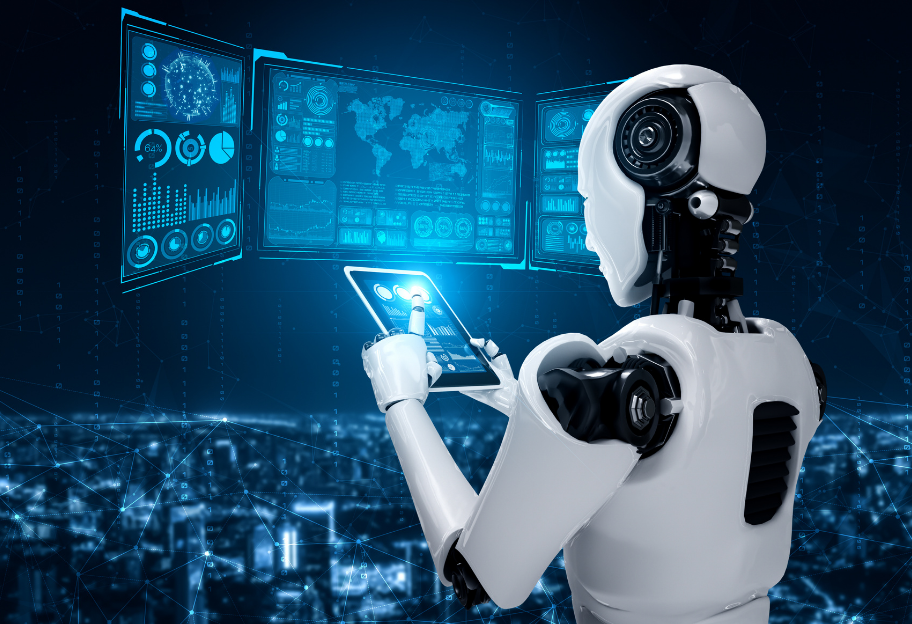Data science and artificial intelligence (AI) are closely related fields, but they have some important differences. Data science is a multidisciplinary field that involves using statistical and computational methods to extract insights from data. It involves a wide range of activities, such as data collection, cleaning, and preparation, as well as data visualization and modelling. Data scientists use a variety of tools and techniques to analyse data, such as machine learning, natural language processing, and computer vision.AI, on the other hand, is a subfield of computer science that focuses on developing systems that can perform tasks that would normally require human intelligence. This includes tasks such as recognizing speech, understanding natural language, and making decisions. AI systems can be built using a variety of techniques, such as machine learning, neural networks, and rule-based systems. In summary, data science is focused on extracting insights from data, while AI is focused on developing systems that can perform tasks that would normally require human intelligence. Both fields use similar techniques, but they have different goals and applications.
Here are some additional details about data science and artificial intelligence:
- Data Science:
- Data science involves the extraction of knowledge and insights from structured and unstructured data. It combines elements from various disciplines such as statistics, mathematics, computer science, and domain expertise.
- Data scientists work with large and complex datasets to identify patterns, trends, and correlations. They use statistical analysis, data visualization, and machine learning techniques to uncover meaningful insights.
- Data science encompasses the entire data lifecycle, including data collection, data cleaning, data transformation, and data analysis. It also involves the development of predictive models and the implementation of data-driven solutions.
- The application areas of data science are broad and diverse, including finance, healthcare, marketing, social media analysis, fraud detection, and many more.
- Artificial Intelligence:
- Artificial intelligence is concerned with creating intelligent machines that can perform tasks that typically require human intelligence. It involves the development of algorithms and models that enable machines to perceive, reason, learn, and make decisions.
- AI encompasses various subfields, such as machine learning, natural language processing, computer vision, robotics, and expert systems.
- Machine learning is a key component of AI, where algorithms are trained on large datasets to learn patterns and make predictions or decisions without being explicitly programmed.
- Natural language processing focuses on enabling computers to understand and generate human language. It involves tasks like speech recognition, language translation, sentiment analysis, and chatbots.
- Computer vision deals with enabling machines to understand and interpret visual information, such as image recognition, object detection, and video analysis.
- AI has a wide range of applications, including autonomous vehicles, virtual assistants, recommendation systems, fraud detection, medical diagnosis, and game playing.
While there is overlap between data science and AI, they have distinct focuses. Data science primarily deals with extracting insights from data, while AI focuses on creating intelligent systems capable of performing human-like tasks. Data science is often a foundational component of AI, as the development of AI models relies on the analysis and understanding of data.



Leave a Reply